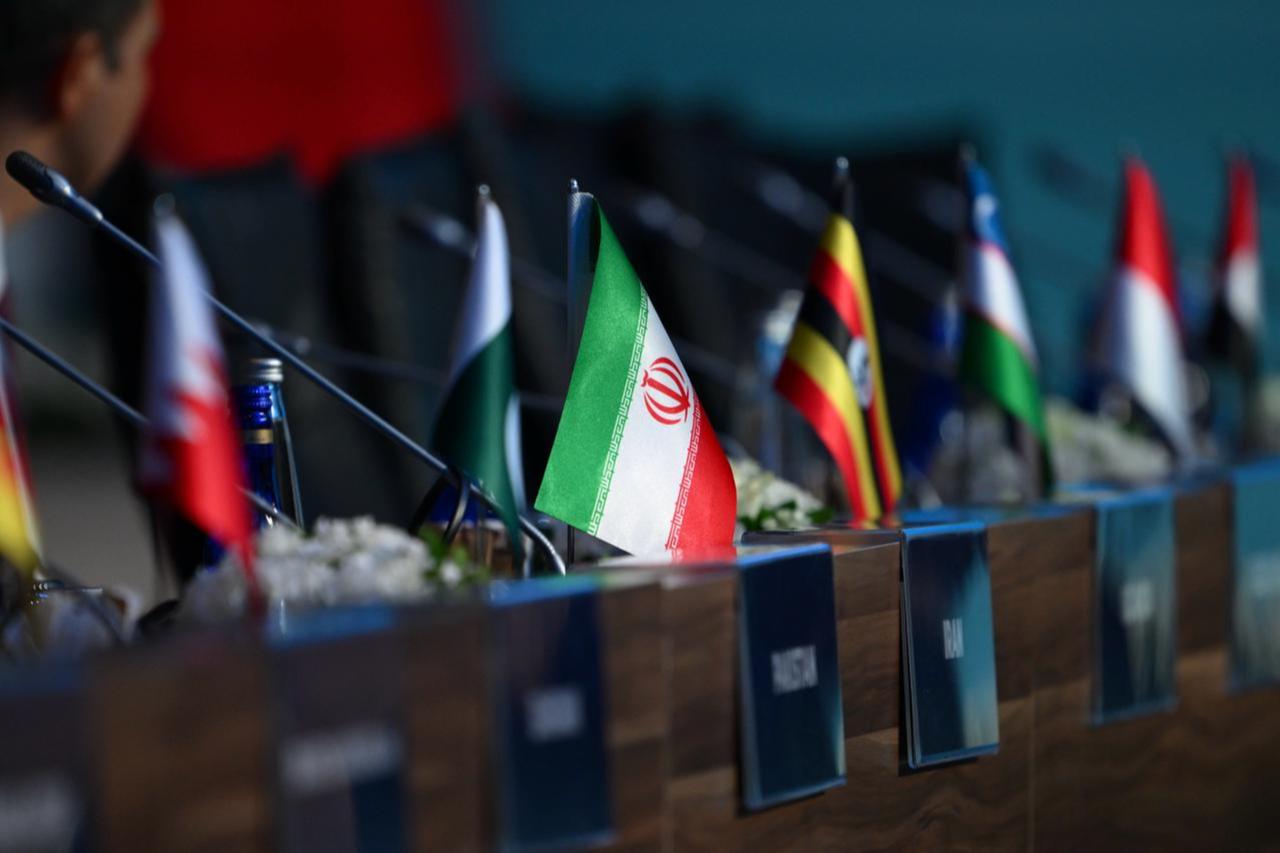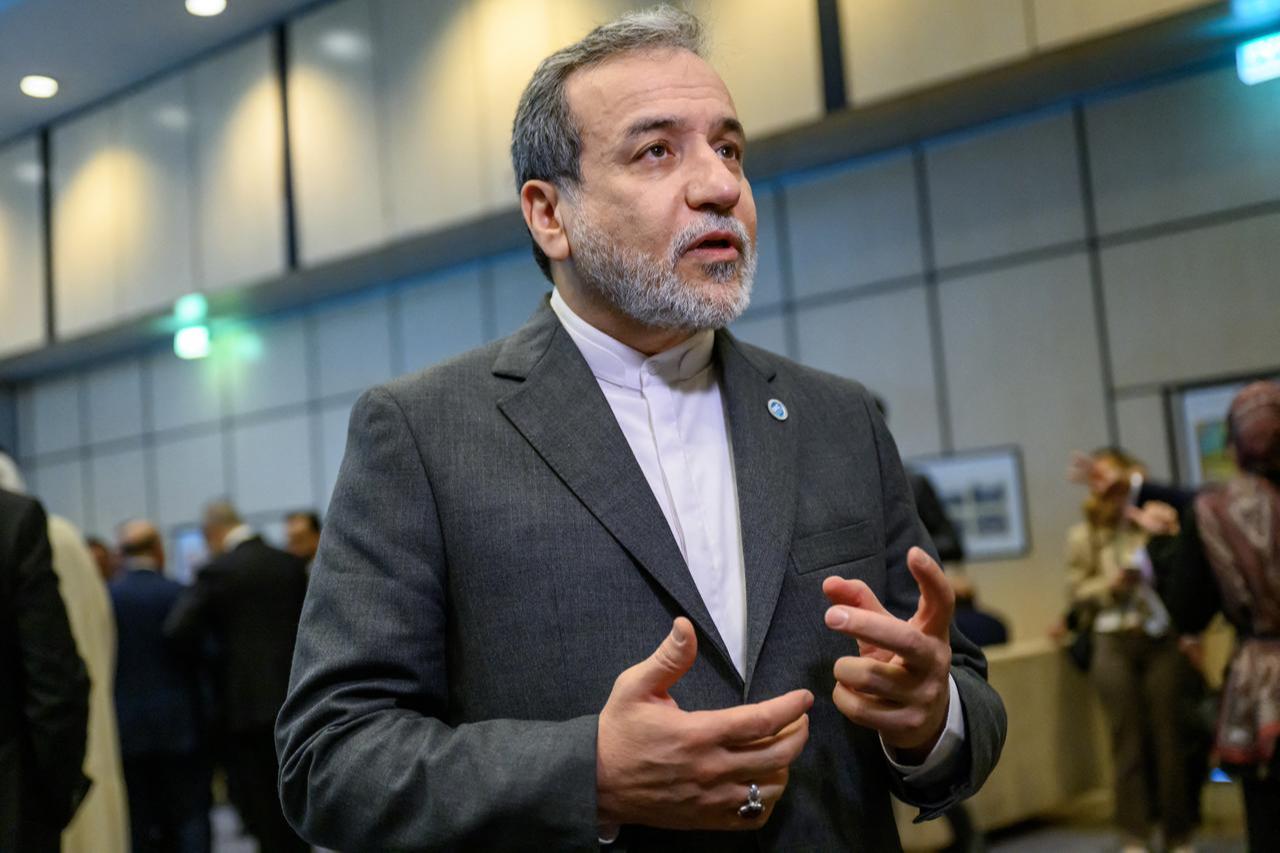
Iran said Thursday that the decision by Britain, France and Germany to trigger a mechanism reimposing sanctions under the faltering 2015 nuclear deal would undermine its cooperation with the United Nations’ nuclear watchdog.
“This decision by the three European countries will seriously undermine the ongoing process of interaction and cooperation between Iran and the International Atomic Energy Agency (IAEA),” the Foreign Ministry said in a statement, calling the step a “provocative and unnecessary escalation.”
The three European powers, known as the E3, invoked the “snapback” mechanism after weeks of warnings, citing Iran’s continued noncompliance with its commitments under the 2015 agreement.
The move came just days after Iranian and European diplomats held talks in Geneva, their second round of discussions since Israel and the United States struck Iran’s nuclear facilities during a 12-day war between Iran and Israel earlier this year.

Foreign Minister Abbas Araghchi, in a phone call with his European counterparts, warned that Tehran would respond “appropriately to this illegal and unjustified action … in order to protect and guarantee its national rights and interests.” He urged the E3 to “appropriately correct this wrong decision in the coming days.”
Araghchi did not specify what measures Iran might take. However, Tehran has previously warned that such actions could lead to the exclusion of European powers from any future nuclear negotiations.
On Wednesday, Iran’s deputy foreign minister Kazem Gharibabadi cautioned that triggering the snapback would severely impact cooperation with the IAEA. “The path of interaction that we have now opened with the International Atomic Energy Agency will also be completely affected and will probably stop,” he said.
Gharibabadi spoke after IAEA inspectors returned to Iran to oversee fuel replacement operations at the Bushehr nuclear facility in the country’s southwest. It marked the first IAEA visit since Tehran suspended cooperation with the agency, citing its failure to condemn Israeli and U.S. strikes.
Iran has since said that future cooperation with the agency will take “a new form.”
Meanwhile, U.S. Secretary of State Marco Rubio Thursday welcomed the decision, but said Washington remains available for "direct engagement" with Tehran.
“This morning, France, Germany, and the United Kingdom initiated a process under U.N. Security Council resolution 2231 (2015) to reimpose UN sanctions on Iran,” Rubio said in a statement.
Rubio noted that the E3 could have acted since 2019 but opted to pursue diplomatic engagement first to give Iran “a diplomatic offramp from its strategy of nuclear escalation.”
“The United States appreciates the leadership of our E3 allies in this effort. Over the coming weeks, we will work with them and other members of the UN Security Council to successfully complete the snapback of international sanctions and restrictions on Iran,” he added.
The 12-day war with Israel also derailed nuclear talks between Tehran and Washington that began in April and were aimed at reaching a new deal to replace the collapsed 2015 accord.
That agreement was effectively dismantled in 2018 when then-President Donald Trump unilaterally withdrew the United States and imposed sweeping sanctions on Iran.